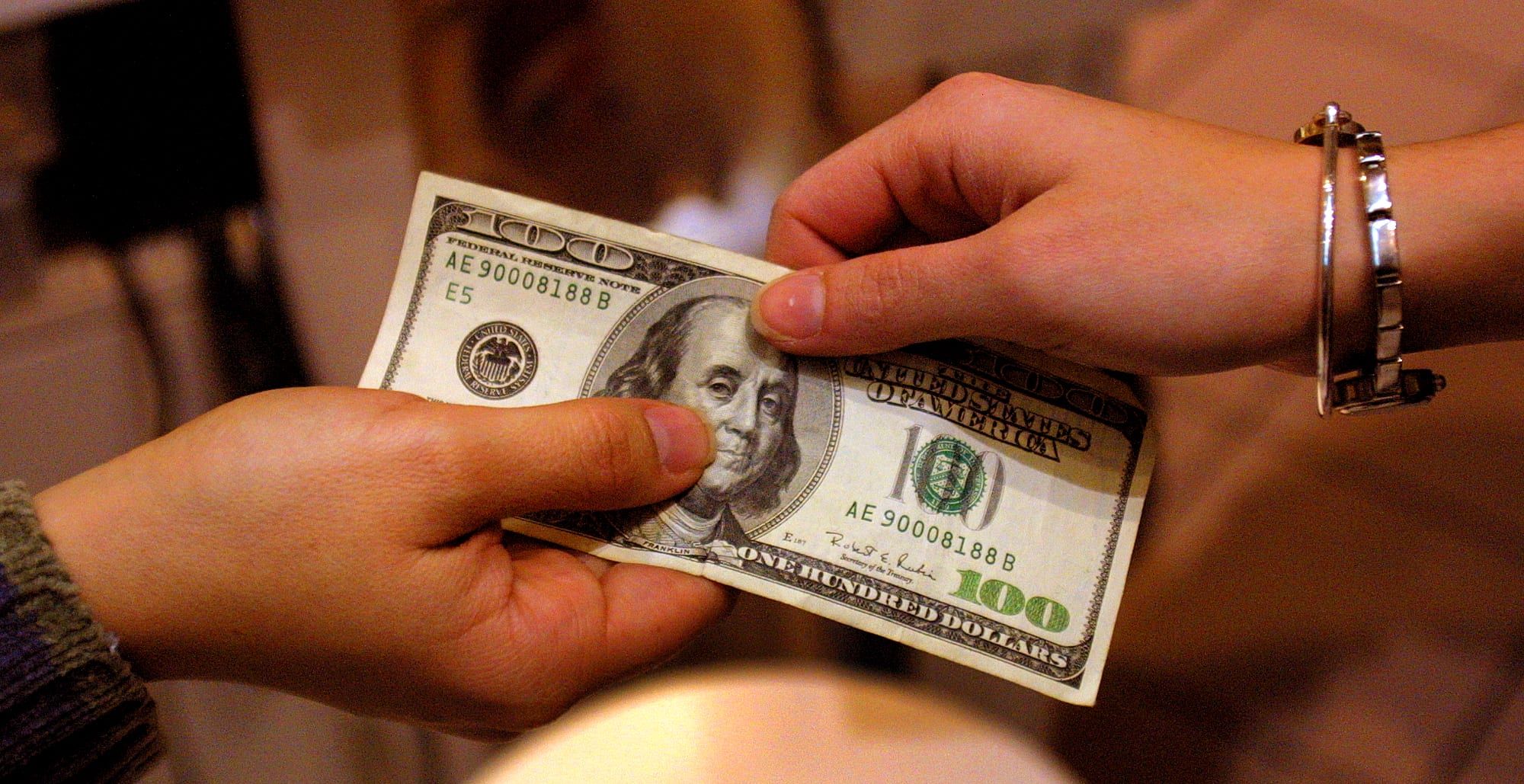[ad_1]

Your stimulus check could be garnished by private debt collectors before showing up in your bank account. Joe Raedle/Newsmakers
President Joe Biden on Thursday signed the $1.9 trillion American Rescue Act into law, opening the treasury to help Americans recover financially from the COVID-19 pandemic. A few days later, some have already received their $1,400 stimulus check from the IRS.
Under the new relief package, fewer people are eligible to receive direct payments than the previous two rounds of stimulus. Still, more than 85 percent of American households will receive at least one $1,400 check, Biden said Friday.
The IRS has until December 31 this year to mail out all stimulus payments. How fast you will receive the money depends on a number of factors, including when you filed your 2020 tax return, how you filed and whether you have debt outstanding.
As with the previous two rounds of stimulus, the IRS determines your eligibility based on either 2019 or 2020 tax return information. If you have filed 2020 taxes, there’s not much you can do other than wait for the payment to show up in your bank account.
Non-Filers
The IRS’s automatic deposit process could be a problem for those who are eligible for the $1,400 check but aren’t required to file taxes because they earned little or no income in 2020 or 2019. This is not a narrow band of eligible recipients, either, either. The IRS said during the last two rounds of stimulus payment it distributed more than 22 million checks that weren’t based on tax returns.
Last year, the IRS created a special tool for non-filers to provide their bank account information and address. Unfortunately, it’s no longer an option this year. The only way to receive the payment is to file a 2020 tax return before the April 15 deadline, the IRS said Friday.
Paper Filers
People who filed paper tax returns will likely be among the last to receive stimulus payments, because the IRS is still dealing with a backlog of 2019 paper returns. At the end of January, the agency still had 6.7 million returns awaiting processing.
If you didn’t file taxes in 2019 but have filed for 2020 by paper, you’ll likely have to wait even longer.
Outstanding Debt
The $600 stimulus checks last round were fully protected from private garnishment or child support offsets. But the American Rescue Act doesn’t include a provision protecting the $1,400 payments. That means people who have debts outstanding could see their direct payments garnished by private debt collectors before hitting their bank accounts.
The payments can’t be garnished by the IRS for back taxes or child support offsets. But collectors of credit card debit, medical debt and private student loans may do so. There is no good way to stop them from taking your money. Consumer law experts advise that you watch your bank account closely and withdraw the payment as soon as it arrives.
Income Drop in 2020
The last group of people who need to take action is those who weren’t eligible for stimulus checks last year but saw their income drop in 2020 below the American Rescue Act’s income thresholds ($80,000 for individuals and $160,000 for married couples).
It’s important for this group to file a 2020 tax return before the deadline. Otherwise, those who qualify won’t receive a stimulus check because the IRS will base its calculation on their 2019 return.
You can track the status of your payment using the IRS’s “Get My Payment†tool.
[ad_2]
Source link






